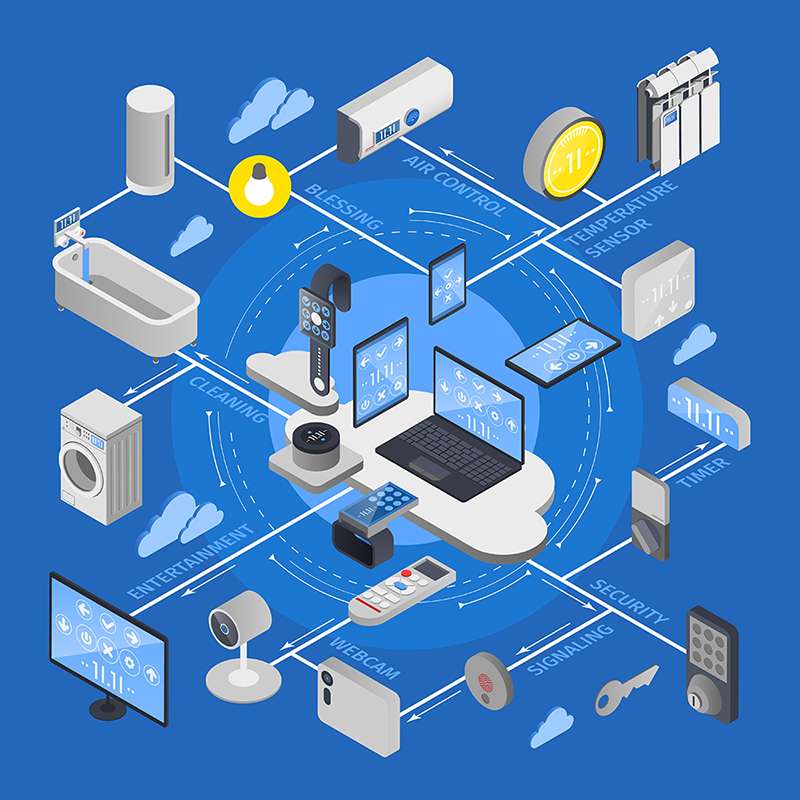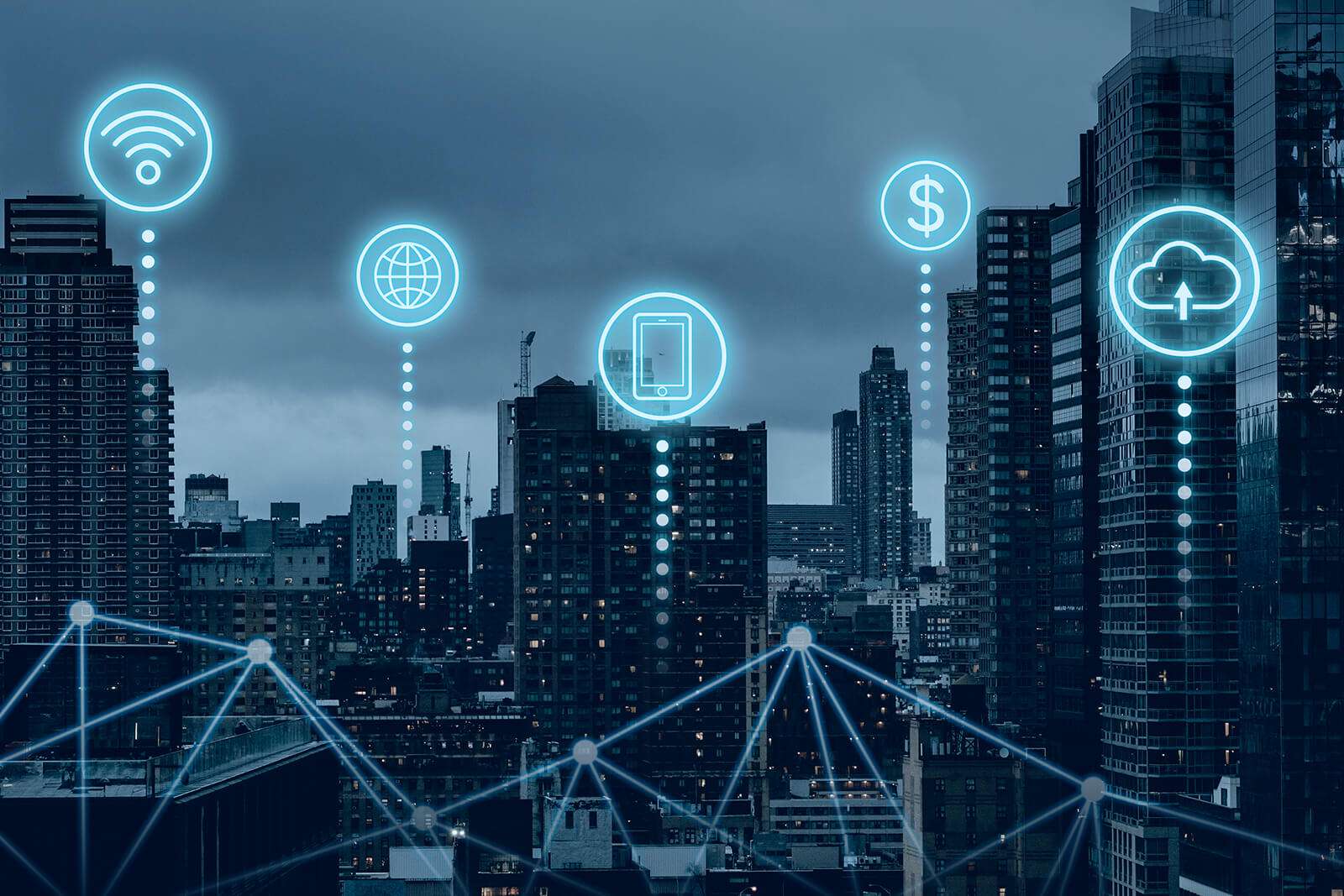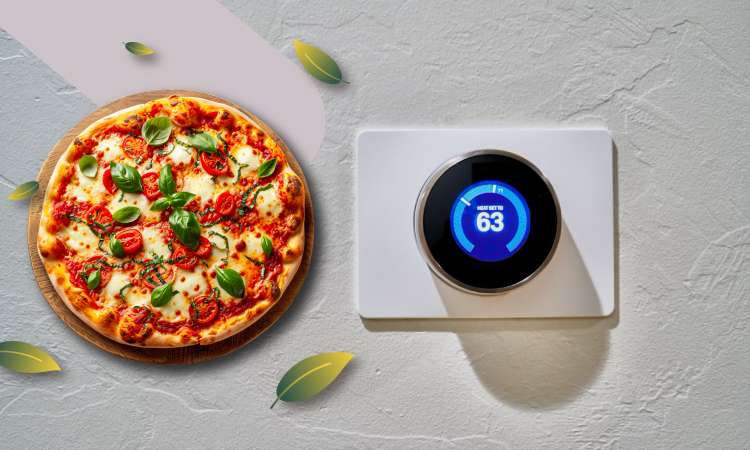The Internet of Things (IoT) has emerged as a transformative force, reshaping the way businesses operate and interact with their assets, customers, and processes. By enabling connectivity between physical objects and digital systems, IoT is unlocking new realms of efficiency, optimization, and data-driven decision-making. As businesses across industries embrace this technological revolution, the impact of IoT on business operations is profound and far-reaching.
Predictive Maintenance and Asset Management
- Real-time Asset Monitoring
- Predictive Analytics for Maintenance
- Extending Asset Lifespan
- Optimized Maintenance Scheduling
Predictive Maintenance and Asset Management One of the most significant advantages of IoT is its ability to monitor and track physical assets in real-time. Sensors embedded in machinery, equipment, and infrastructure can continuously collect data on performance metrics, operational conditions, and usage patterns. This data can be analyzed using advanced analytics and machine learning algorithms to identify potential issues or failure points before they occur, enabling predictive maintenance strategies.
By addressing problems proactively, businesses can minimize unplanned downtime, reduce maintenance costs, and extend the lifespan of their assets. Predictive maintenance also allows for more efficient resource allocation, as maintenance activities can be scheduled during periods of lower operational demand, further minimizing disruptions.
Supply Chain Visibility and Optimization
- End-to-End Traceability
- Environmental Monitoring
- Inventory Management
- Logistics Optimization
- Reducing Waste and Spoilage
Supply Chain Visibility and Optimization IoT has the potential to revolutionize supply chain operations by providing end-to-end visibility and traceability. RFID (Radio Frequency Identification) tags, GPS tracking devices, and sensor networks can monitor the movement of goods, environmental conditions (temperature, humidity, shock), and inventory levels throughout the supply chain.
This real-time data enables businesses to optimize logistics routes, reduce waste and spoilage, and respond quickly to disruptions or changes in demand. Additionally, IoT-enabled supply chain management can improve inventory accuracy, streamline warehousing operations, and enhance customer service through improved delivery times and better management of returns.
Personalized Customer Experiences
- Smart Home Personalization
- Connected Vehicle Services
- Intelligent Product Recommendations
- Omnichannel Experiences
Personalized Customer Experiences IoT-enabled products and services can significantly enhance the customer experience by providing personalized and contextual interactions. Smart devices, equipped with sensors and connectivity, can learn from user behavior, preferences, and environmental factors to deliver tailored experiences.
For example, smart home systems can adjust lighting, temperature, and entertainment settings based on occupant preferences and routines. Connected vehicles can offer personalized navigation, infotainment, and predictive maintenance services based on driving habits and vehicle diagnostics. In the retail sector, IoT can enable intelligent product recommendations, personalized promotions, and seamless omnichannel experiences.
Operational Efficiency and Process Automation
- Automated Inventory Management
- Smart Building Management
- Production Line Monitoring
- Process Optimization
Operational Efficiency and Process Automation By integrating IoT devices with enterprise systems and processes, businesses can automate and streamline various operational tasks, reducing the need for manual intervention and improving overall efficiency.
For instance, smart sensors can monitor inventory levels and automatically trigger replenishment orders when stock reaches predetermined thresholds, reducing the risk of stockouts or overstocking. In manufacturing, IoT-enabled systems can monitor production lines, optimize equipment performance, and adjust processes in real-time based on data insights.
Additionally, IoT-enabled building management systems can optimize energy consumption by adjusting lighting, heating, and cooling based on occupancy levels, environmental conditions, and usage patterns, leading to significant cost savings and environmental benefits.
Data-Driven Decision Making and Business Intelligence
- IoT Data Analytics
- Operational Insights
- Customer Behavior Analysis
- New Business Models
- Competitive Advantage
Data-Driven Decision Making and Business Intelligence IoT generates vast amounts of data from connected devices, sensors, and systems across various operational domains. By harnessing this data through advanced analytics, machine learning, and artificial intelligence techniques, businesses can gain valuable insights into operations, customer behavior, market trends, and industry dynamics.
These insights can inform strategic decision-making processes, drive process improvements, identify new revenue streams or business models, and provide a competitive advantage. For example, analyzing IoT data from connected products can reveal usage patterns, customer preferences, and potential areas for product enhancement or new service offerings.
While the benefits of IoT are significant, businesses must also address challenges such as data privacy, security, interoperability, and change management. Ensuring robust cybersecurity measures, adhering to data protection regulations, and fostering a culture of innovation and continuous learning are crucial for successful IoT implementation and long-term success in the digital age.

Redspark Technologies: Your Partner for Custom IoT Software Development
Our team of expert developers, engineers, and IoT consultants collaborate closely with businesses to understand their challenges, objectives, and desired outcomes. With a deep understanding of the latest IoT technologies and industry best practices, we architect and build tailored solutions that seamlessly integrate with existing systems and infrastructure.
Customized IoT Software for Your Business Needs
End-to-End IoT Solution Development: From device integration and data acquisition to cloud infrastructure and application development, we offer comprehensive end-to-end IoT software services. Our experts ensure that every component of your IoT ecosystem is seamlessly integrated, enabling real-time data exchange, analysis, and actionable insights.
Industry-Specific Solutions: We understand that IoT requirements and use cases vary across industries. Our team has extensive experience in developing customized IoT solutions for sectors such as manufacturing, healthcare, retail, logistics, and smart cities, ensuring that our software addresses the specific challenges and nuances of each domain.
Scalable and Secure Architecture: As your business grows and IoT ecosystem expands, our solutions are designed to scale seamlessly, accommodating increasing data volumes and device connections. Additionally, we prioritize robust security measures, including data encryption, access controls, and continuous monitoring, to protect your IoT infrastructure from cyber threats.
User-Friendly Interfaces: We believe that IoT solutions should be intuitive and user-friendly, enabling seamless adoption and maximizing the return on your technology investment. Our team designs intuitive dashboards, mobile applications, and interfaces that simplify data visualization, control, and management for your staff and customers.
In conclusion
The Internet of Things is disrupting traditional business operations, offering unprecedented opportunities for efficiency, optimization, and customer-centric experiences. As IoT technology continues to evolve, businesses that embrace this digital transformation will gain a competitive edge, drive innovation, and unlock new levels of operational excellence and business growth.



